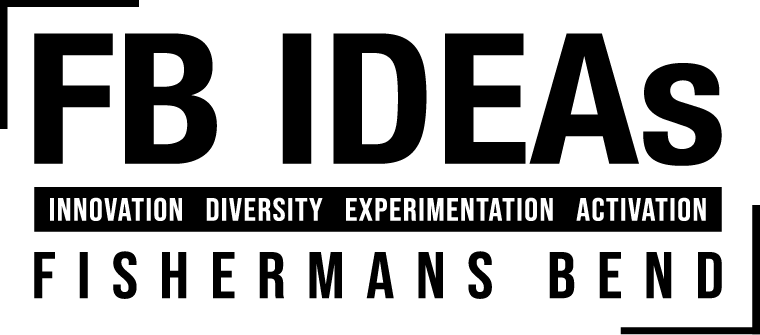Finalists Announced! Fishermans Bend Digital Innovation Challenge 2024
From 33 creative and tech-based ideas that were submitted in response to the “Regenerative City” Challenge, three bold ideas have emerged as frontrunners.
Ecoacoustic sensors, street-side worm farming, and micro-recycling hubs are leading the pack, and on Thursday 15 August, you can join industry leaders, community members, and government representatives at the Pitch Night to see these bold ideas in action.
Watch each of the finalist share their ideas, in-person in Fishermans Bend or online via a livestream, and then add your vote to help decide one winning idea. The winner will get $90,000 and be tested in Fishermans Bend in 2025 to drive towards a more #regenerative future.
Register now to secure your seat at Pitch Night!
More about each of the finalists:
Melbourne EcoSound Initiative by FutureLabs
Using multi-sensory technology to help biodiversity thrive
Using EcoSound data, FutureLabs attracts, monitors, and visualises animal activity in Fishermans Bend.
To accelerate biodiversity restoration, this initiative deploys speakers to guide identified animals into target areas. Sensors and AI will be used to monitor sound data and provide professionals with insights into the diversity, abundance, and behaviour of animals in this evolving precinct.
The goal is to inspire proactive environmental measures and reconnect community members with the vibrant ecosystems that once flourished in Fishermans Bend as we restore and preserve them.
Melbourne EcoSound Initiative by FutureLabs
Upsoil Collective by Zoe Wang
Healing our relationship with the earth through street-side composting
The project tackles food waste by transforming it into nutrient-rich compost through visible, engaging, and hassle-free urban composting.
This initiative diverts food waste from landfill by combining buried worm composting with community gardening and urban greening. A buried design, combined with worms and sensor technology keeps the compost healthy and fresh.
A mobile app allows residents and businesses to monitor compost health and celebrate wins as they work towards healing the soil. The project connects the public to vibrant soil life, fosters behavioral change, and enhances nutrient circularity in Melbourne.
Caring is the answer, making Fishermans Bend a starting point for change.
Upsoil Collective by Zoe Wang
Mia Mias Micro Materials Bank by Commune and Co / Cirque du Soil
A mobile public installation facilitating the circular economy
The Mia Mias initiative proposes an interactive micro-recycling hub, targeting the ‘left behind’ material streams beyond the 2030 4 bin system.
Australians buy 15 million plastic bottles each year, creating an overwhelming plastic crisis. While most plastic bottles are captured by Victorian recycling bins, due to their small size, plastic bottle caps often go unnoticed and are irresponsibly discarded, making them one of the top five most harmful pollutants for marine life.
This public installation will made from construction waste and designed to be disassembled. It will serve as a collection and education point for micro-waste streams like bottle caps, tetra packs, e-waste and soft plastics, capturing data and insights, making material processing transparent and facilitating new ideas to divert waste from landfill.
Mia Mias Micro Materials Bank by Commune and Co / Cirque du Soil



